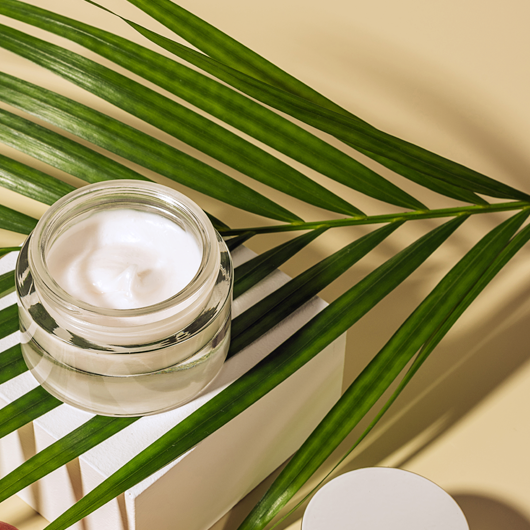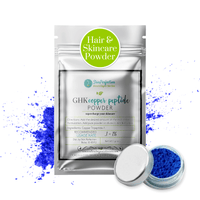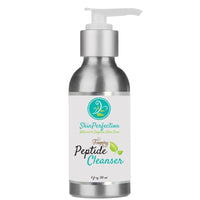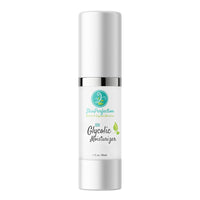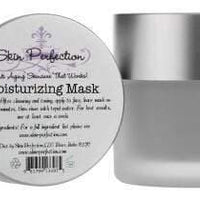Amino Acids
Amino Acids and Organic Anti-Aging Skincare

Amino acids are the building blocks of our skin cells. They are the basis for proteins, which build almost every kind of cell in the body. As a result, our bodies naturally produce Amino acids. So, you may ask, why apply them to the skin? As we age, the body becomes less and less able to regenerate itself.
It reserves its resources for other applications and often allows the skin to decay. Instead of expending the resources to regenerate it, the natural structures break down, as they did when we were young.
Steps can be taken to reverse this process. First, though the inner body may not be willing to spare the amino acids, the skin must continue to look young and vibrant. Moreover, you can mimic these effects by applying a product and including it in a skincare application.
They will be most useful when applied directly to the skin where it needs it most. Amino acids are becoming a staple of anti-aging skincare as they have begun to produce incredible benefits for the women who use them.
Amino Acids and Peptides
In skin care, amino acids are called "peptides." Peptides are a recent phenomenon incorporated into modern-day beauty products because they work and have amazing results.
Additionally, peptides are clinically validated to show improvement in facial complexions. Further, they help to turn back the clock with more youthful-looking skin and fewer fine lines and wrinkles. Skin Perfection uses these remarkable anti-aging peptides in their skincare line, often called "Natural and Organic Anti-Aging Skincare." 
Amino acids reduce the signs of aging. The body's collagen and elastin layers break down as we age. As these structures deteriorate, the skin will wrinkle and hang from the face's bones.
Aging skin is hard to restore if the surface looks dull and gray as the regeneration process has slowed. So, instead of allowing this to happen, amino acids deliver the nutrients the skin needs right to the area of concern. The skin can then use this to create new layers of elastin and collagen and generate new layers of skin.
Amino acids can keep skin looking vibrant and beautiful. When skin is prematurely aging, even in the lower levels of the skin, it can manifest itself on the surface as dry, rough, uneven skin. By using a cosmetic that includes it, the skin can renew the underlying layers and begin to look more vibrant from the outside in.
Amino acid peptides are incorporated into organic anti-aging skincare products. They are highly effective in keeping you looking young and fighting any early signs of aging.
Benefits of Amino Acids in Skincare
-
Moisturization: Certain amino acids, such as glycine and proline, are known for their moisturizing properties. They help to attract and retain moisture in the skin, promoting hydration and preventing dryness.
-
Skin Barrier Support: Amino acids contribute to the formation and maintenance of the skin's natural barrier function. They help to strengthen the skin's outer layer, reducing moisture loss and protecting it from environmental exposure.
-
Enhanced Collagen Support: Collagen is a vital protein that provides structure and elasticity to the skin. Amino acids, especially proline and lysine, are essential for collagen synthesis. By supplying the skin with these building blocks, amino acids can promote the restoration of cross-linked collagen, leading to firmer and more youthful-looking skin.
-
Antioxidant Protection: Some amino acids, such as glutathione, have powerful antioxidant properties. They help to neutralize free radicals and reduce oxidative stress, which can lead to premature aging.
-
Brightening and Even Skin Tone: Amino acids like tyrosine are involved in melanin synthesis, the pigment responsible for skin color. By regulating melanin production, amino acids can help to fade dark spots, even out skin tone, and promote a brighter complexion.
-
Soothing and Anti-inflammatory Effects: Certain amino acids, such as histidine and cysteine, have soothing properties and can help calm irritated or inflamed skin. They can reduce redness, itching, and sensitivity, making them beneficial for individuals with sensitive or reactive skin.
About the Author
Kari Thomas wrote this article.


